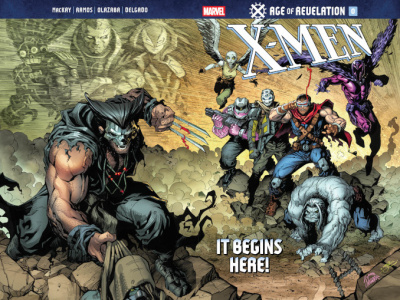While its new shows and joint venture with Cinedigm were still burning cash in Q3, Wizard World turned to profitability after a tough first half, behind growing ConBox sales and tighter controls on investment in new shows.
The company generated net income of $725,618 in the quarter ended September 30, up from $537,804 in the year ago period. This is a big turnaround from the first half of 2015, when the company lost $2.78 million (see “Wizard World Losses Mount”). But Wizard World is still likely to endure a substantial loss for the year; losses for the year to date were over $2 million
The problem is that the new shows Wizard World is adding, often in secondary markets, are requiring substantial investment and are running negative. The company identified 13 cities in which it had operated profitable live events in the first nine months of 2015: Philadelphia, Chicago, New Orleans, Columbus, Portland, Nashville, Austin, Sacramento, Louisville, Minneapolis, Tulsa, Reno and St. Louis. But the company operated 20 shows in the period, meaning that there were 6-7 shows that were unprofitable.
Markets in which unprofitable shows were run (based on the company’s 2015 schedule) included such cities as Indianapolis, Cleveland, Raleigh, Las Vegas, and Madison, Wisconsin. We were at the Madison show, for which a company spokesperson described the results at the time as “fabulous” and said there would be a 2016 show (see “A Successful Wizard World Show in the #85 Market in the U.S.”), which has been scheduled.
As might be expected, Wizard World’s profitable shows include those that have been running the longest. The Chicago show, which Wizard World acquired, has an uninterrupted lineage back into the 70s, and Columbus goes back nearly as long. Wizard World has been operating the Philadelphia show since 2002 (see “Wizard World East Draws 21,000”). But newer shows require investment. The question is whether the new shows can become profitable over time, and if so, how long it takes.
The company reduced its investments in its new shows in Q3, but expenses still rose, including an increase in headcount to 46 from the number in the year ago period.
The CONtv joint venture with Cinedigm has been tough, creating $148,893 in losses for Q3, and over $1 million in losses for the first nine months of the year. As the company put it in the report, “In order for the Company to grow the digital business, we must attract unique users and drive traffic to our online site. To date we have exhausted considerable resources developing our media platform, but we have yet to earn a profit from the platform.”
In addition to its efforts at expense control, ConBox, Wizard World’s subscription box, became a profitable business in Q3, generating $496,694 in sales. If the company can continue to grow ConBox and control its losses from new shows and CONtv, it may be able to return to profitability on a more regular basis.








